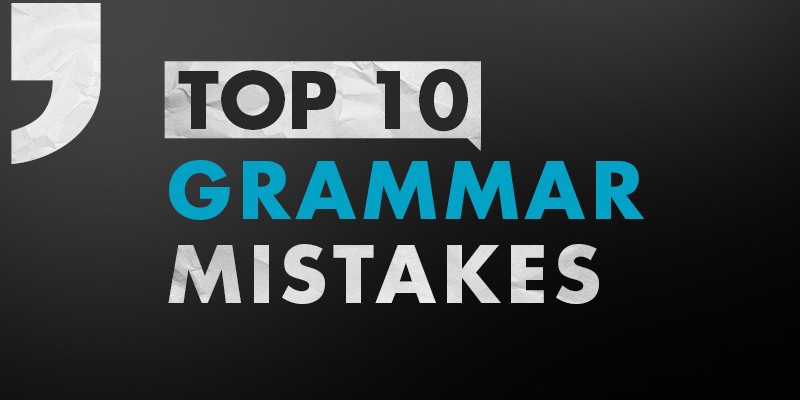As I’ve been sitting around in quarantine with the rest of you, I’ve been thinking about things I’m grateful for. One thing I’m forever grateful for is that I learned to diagram sentences in elementary school. If you can identify a subject and verb in a sentence, you’re more likely to understand what pronoun to use and how to correctly construct a sentence. Here are some of the things you’ll want to correct to avoid people who feel the need to correct your grammar.
- Anyways. Non-standard. Please look it up. Always avoid putting an “s” on the end of “Anyway.”
- I vs. me. If it’s a subjective pronoun, it’s I. If it’s the object (behind the verb) it’s me. An easy way to figure out which is correct is to read this sentence without the other person, “Mary and I went to the store.” Mary went to the store, and I went to the store. You would never say, “Me and Harry went to a movie.” Because you would never say, “Me went to a movie.” Likewise, look at this sentence – “Ron and I think you and her should go to the store.” When you read this out loud, it’s clear that “her” should be “she.” You should go to the store…She should go to the store. You would never say, “Her should go to the store.”
- It’s is a contraction of It is. Its is a possessive pronoun.
- In most common usage, Affect is a verb. Effect is a noun. “Your ability to work in a team will affect how long you stay.” “The effect of poor grammar is possible embarrassment.”
- Could of, should of, would of. It’s could have, should have, would have. These spring from the contractions Could’ve, Should’ve, Would’ve. The missing word is have, not of.
- Fewer vs. less. Can you count it? If so, use fewer. If not, use less.
- Latin abbreviations: i.e. means “in other words” and e.g. means “for example.”
- The Oxford comma is a matter of preference. It’s the last comma in this sentence: “I went to the store and bought eggs, milk, bread, and fruit.” Once in a while, it changes the meaning of the sentence if you leave it out, so read over your sentence and decide if you want, or need it.
- Then/Than—use “Than” when comparing two things. “Then” is indicating time.
- In regard to, and with regard to, mean “concerning” or “regarding.” Regards, with an “s” means, best wishes.
By Donna Vandiver, President & CEO at The Vandiver Group in St. Louis, Missouri
Follow The Vandiver Group on Facebook, Twitter, LinkedIn and Instagram. Read our other blogs here.

